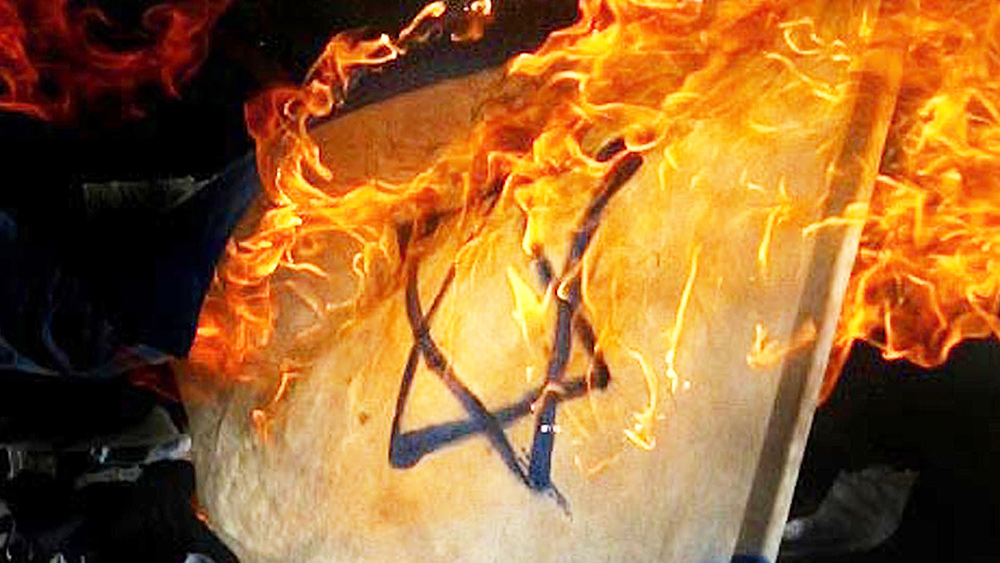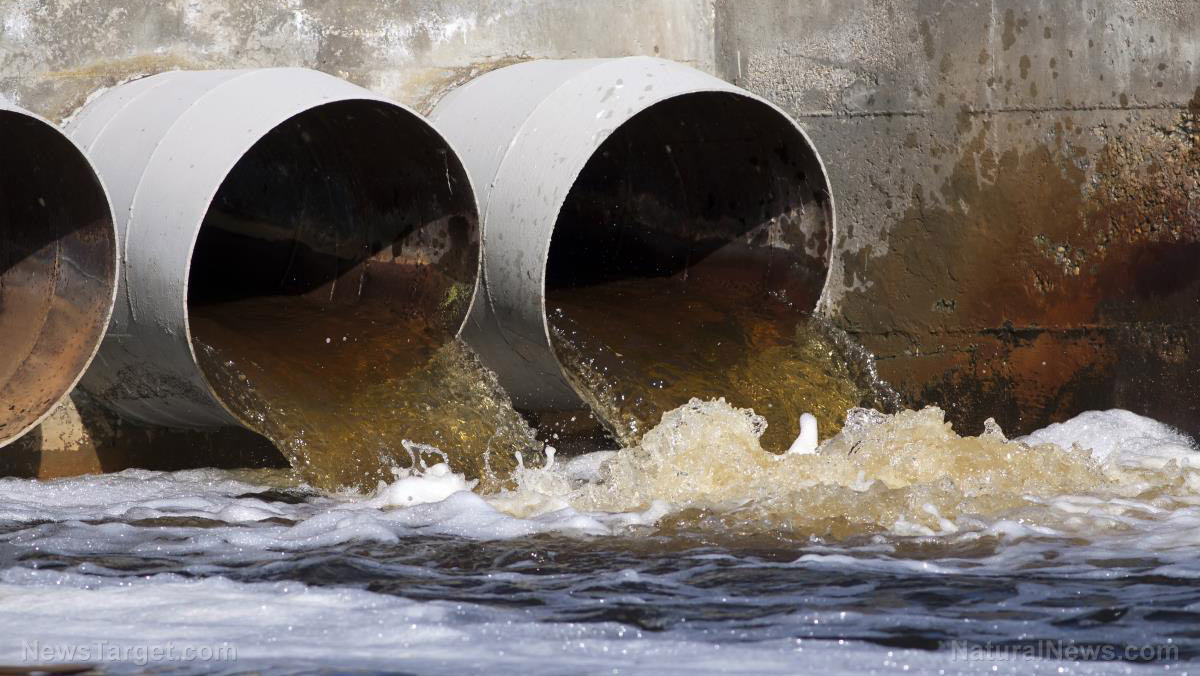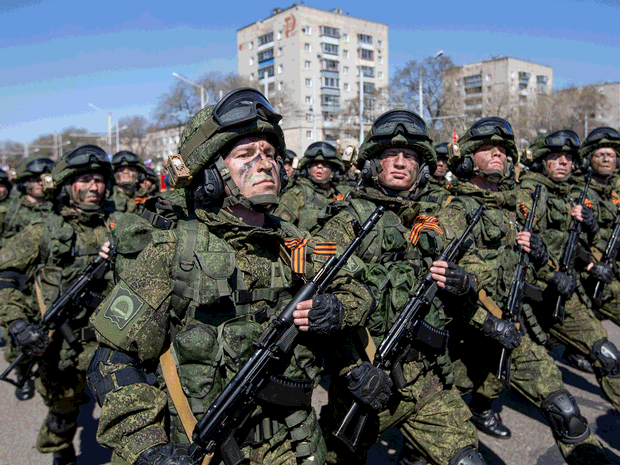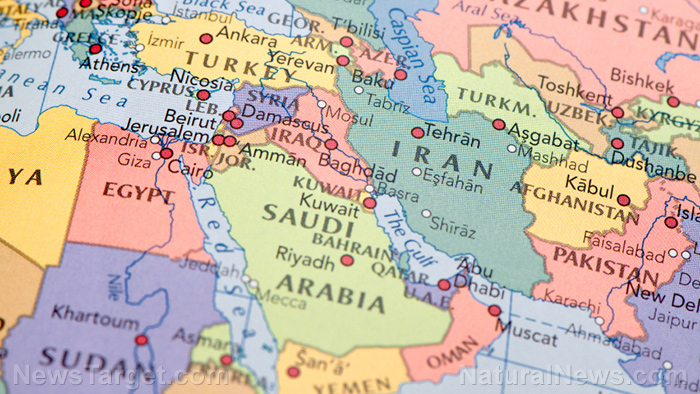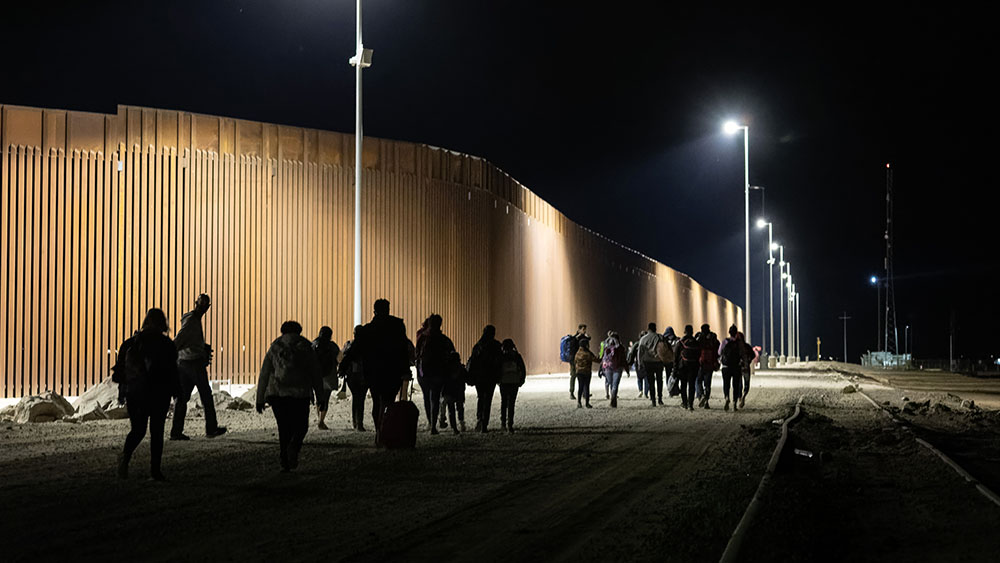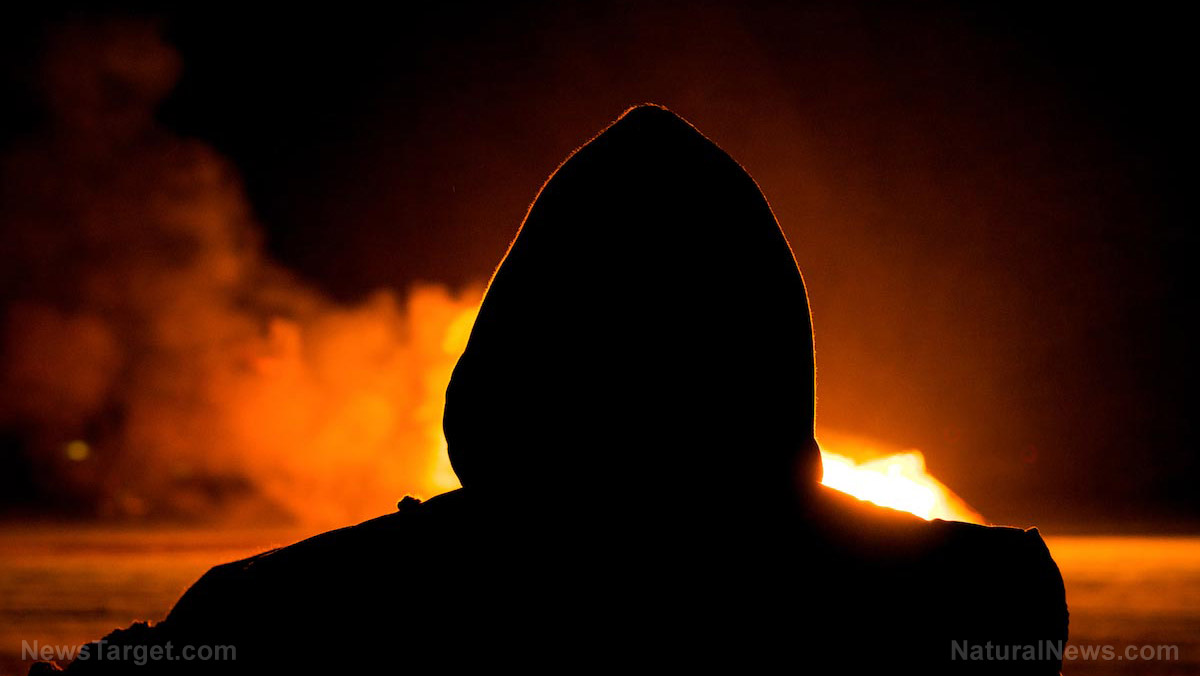Crowdfunded satellite from California-based ICEYE helping Ukraine destroy high-value Russian targets
07/05/2024 / By Belle Carter

The Ukrainian Ministry of Defense‘s Main Directorate of Intelligence (GUR) recently revealed that it has been using a crowdfunded satellite from California-based ICEYE for about two years now to help destroy high-value Russian targets.
The Serhiy Prytula Charitable Foundation and blogger Ihor Lachenkov launched a fundraiser for the satellite in June 2022. The ICEYE satellite is equipped with advanced radar technology and has provided nearly 4,200 images, enabling precise strikes on Russian airfields, defense positions and fuel depots.
“The entire array of data obtained thanks to ICEYE was used for direct preparation of fire damage to the enemy,” GUR reported. “This is billions of dollars in losses for Russia, and the price of its aggression will grow!”
A former United States government official confirmed last year that Ukraine was using the ICEYE satellite on the battlefield. The constant surveillance has helped Kyiv monitor movements by the enemies and interrupt their plans. According to the intel organization, the ICEYE satellite acquired points of Russian permanent deployment, as well as training grounds, military communities and mobilization deployment centers.
“During the period of use of the ‘people’s satellite’ and access to the ICEYE satellite constellation, our specialists took a total of 4,173 pictures of enemy objects,” according to GUR. This includes 370 airfields, 238 air defense and radio technical intelligence posts, 153 oil depots and fuel warehouses, 147 missiles, aircraft and ammunition stores and 17 naval sites.
ICEYE agreed to “transfer the full capabilities of one of its [Synthetic Aperture Radar] SAR satellites already in orbit for Ukraine’s use over the region,” according to a press statement. “The SAR satellite will be operated by ICEYE. In addition, ICEYE will provide access to its constellation of SAR satellites, allowing the Ukrainian Armed Forces to receive radar satellite imagery on critical locations with a high revisit frequency.”
Aside from the intelligence provided by the U.S. and its North Atlantic Treaty Organization allies, Ukraine’s capacity to observe adversary actions from above is restricted to the tactical use of drones and a broader but still limited sweep of commercial satellite photography. Earth’s orbital reconnaissance “allows receiving data both on the temporarily occupied territories of Ukraine and in other places on the planet where the military forces and means of terrorist Russia are located,” according to GUR.
“This allows tracking the dynamics of Russia’s personnel movements, revealing its military intentions to disrupt them,” GUR wrote. The observatory “allows you to monitor the objects of the aggressor’s military-industrial complex and its logistics network, which includes the illegal bridge between Russia and occupied Crimea.”
GUR also claimed that satellite is used not only for passive observation of the enemy but also for fire damage. Thirty-eight percent of all the imagery it acquired was used for missile and drone strikes, it said.
U.S. gives in to another Kyiv request
U.S. Secretary of State Antony Blinken recently announced that Ukraine could be sure to receive good news on strengthening its air defense capabilities, following Kyiv’s request to provide additional defenses since Russia intensified strikes against Ukrainian population centers and infrastructure in the spring.
“There is extraordinary potential in Ukraine’s economy with the right investment. Now, of course, for both its military capacity and its economic capacity, you’ve got to make sure that you have air defenses in place to try to protect the areas in which you’re making investments,” he said at the Brookings Institution in Washington. “We’re driving that. I think you’ll see more news on that in the coming weeks as we get to the NATO summit.”
“You’ve heard that the Ukrainians are keen to secure additional Patriots or similar systems. And I think we’ll have some additional good news for them on that front,” an unnamed State Department source told Reuters.
Last month, Washington announced it had deprioritized the near-term planned deliveries of foreign military sales to other countries, particularly Patriot and NASAMS missiles, to supply them to Ukraine first. A few days later, the Financial Times reported that the U.S., Israel and Ukraine are in negotiations on providing Ukraine with up to eight Patriot air defense systems.
Ukraine operates at least three Patriot systems provided by the U.S., the Netherlands and Germany, with Berlin and Bucharest recently pledging to deliver two more systems.
Ahead of the upcoming NATO summit, which is set on July 9-11 in Washington, Ukraine aims to secure a “guaranteed” military funding commitment from allies, Deputy Prime Minister Olha Stefanishyna said in late June. However, NATO allies have so far failed to agree on a long-term financial pledge for Ukraine, outgoing NATO Secretary General Jens Stoltenberg said on June 14.
“At the NATO summit, we are working to secure a guaranteed financial commitment for military aid, so that we are not dependent on the political processes in the U.S. or any other allied country,” Stefanishyna said.
Stoltenberg previously proposed that NATO provides Ukraine with at least 40 billion euros ($43 billion) in military support each year, “for as long as necessary.” (Related: Moscow warns: U.S. must rethink its “miscalculated decisions” as these could lead to fatal consequences.
Visit UkraineWitness.com for more updates on the current situation in Ukraine.
Watch the video below that talks about Russia acquiring the U.S.-supplied ATACM’s guidance system during Ukraine attack.
This video is from the Vampire Slayer channel on Brighteon.com.
More related stories:
Ukraine unleashes KAMIKAZE drone boats against Russian ships in the Black Sea.
Russia blames the U.S. for Ukrainian missile attack on Crimea.
Sources include:
Submit a correction >>
Tagged Under:
big government, chaos, cosmic, Defense Intelligence Directorate, future tech, ICEYE, inventions, Luhansk Oblast, military tech, national security, Nebo-M radar system, radar technology, Russia, Russia-Ukraine war, satellites, Space, space weapons, surveillance, synthetic aperture radar, Ukraine, weapons technology, World War III
This article may contain statements that reflect the opinion of the author
RECENT NEWS & ARTICLES
COPYRIGHT © 2017 NATIONAL SECURITY NEWS



